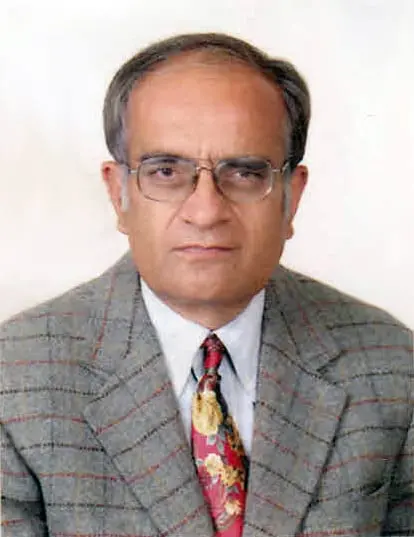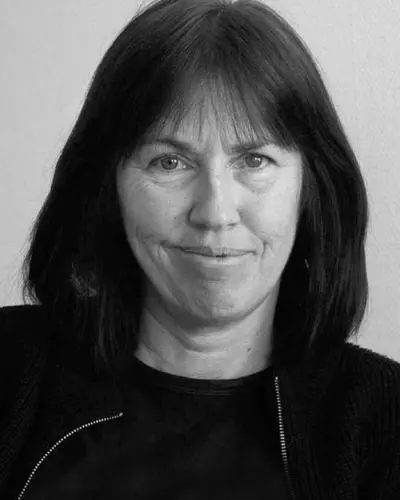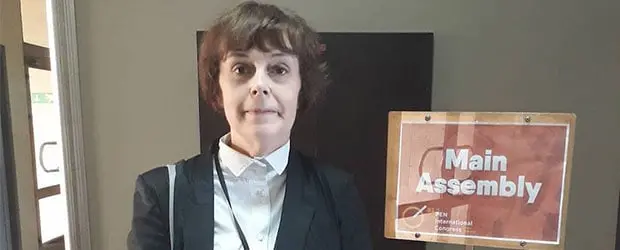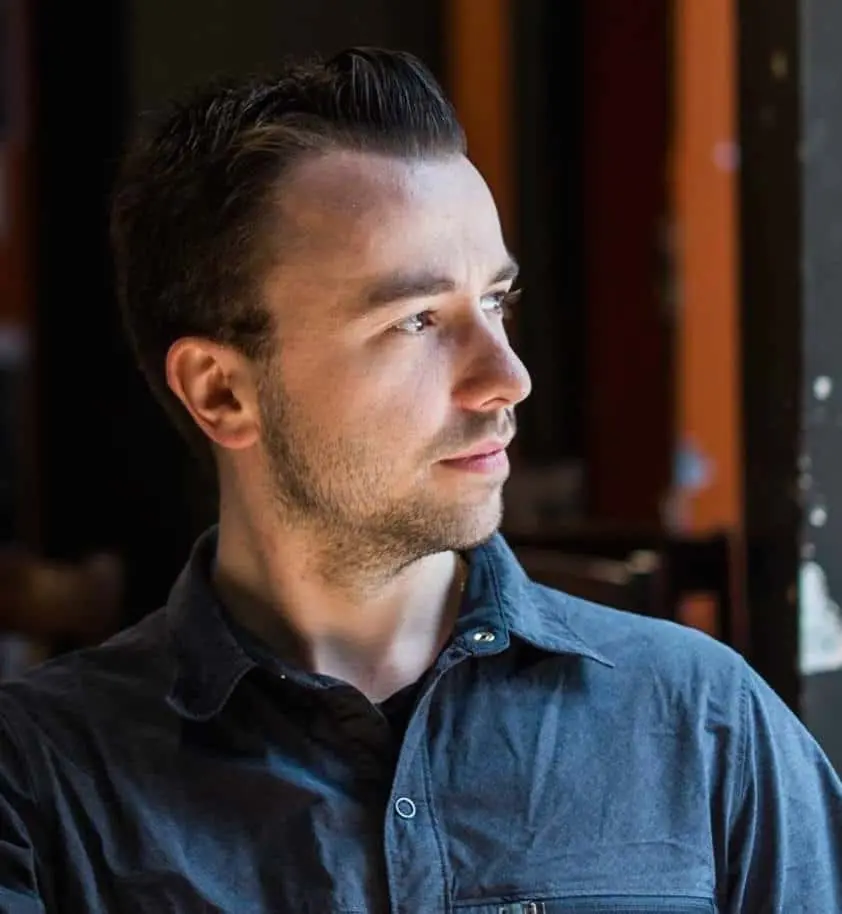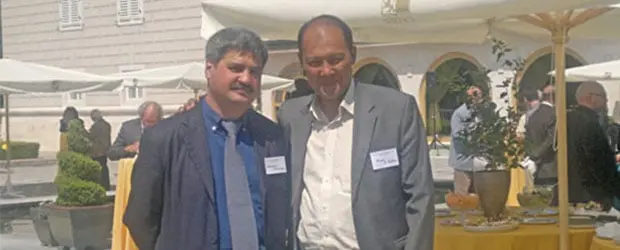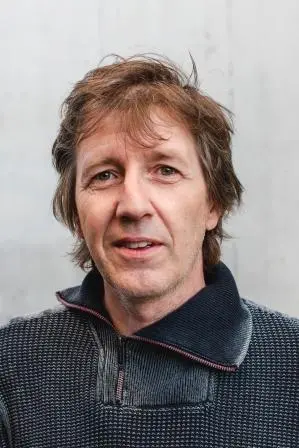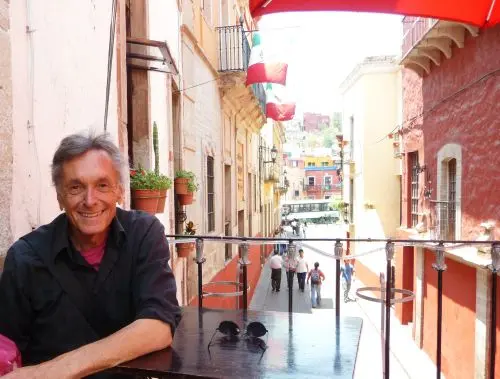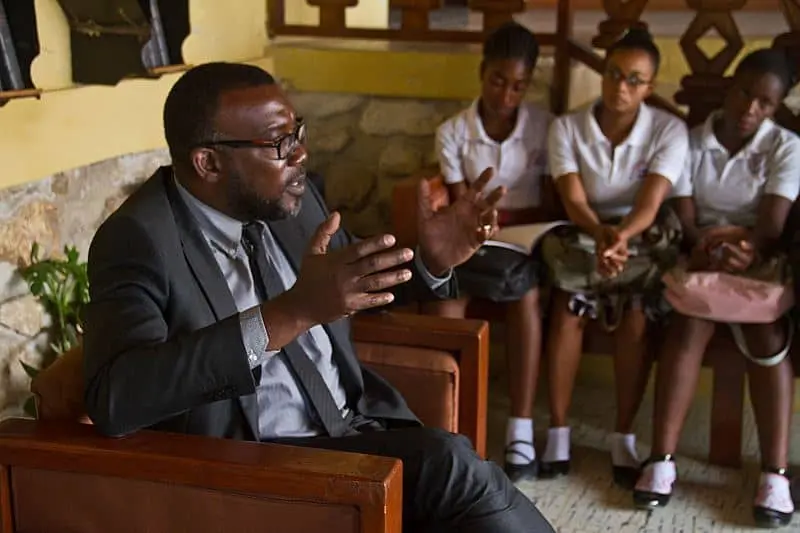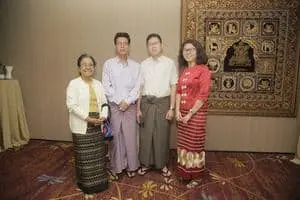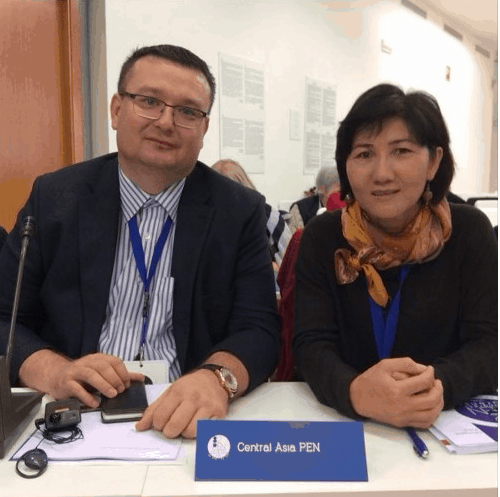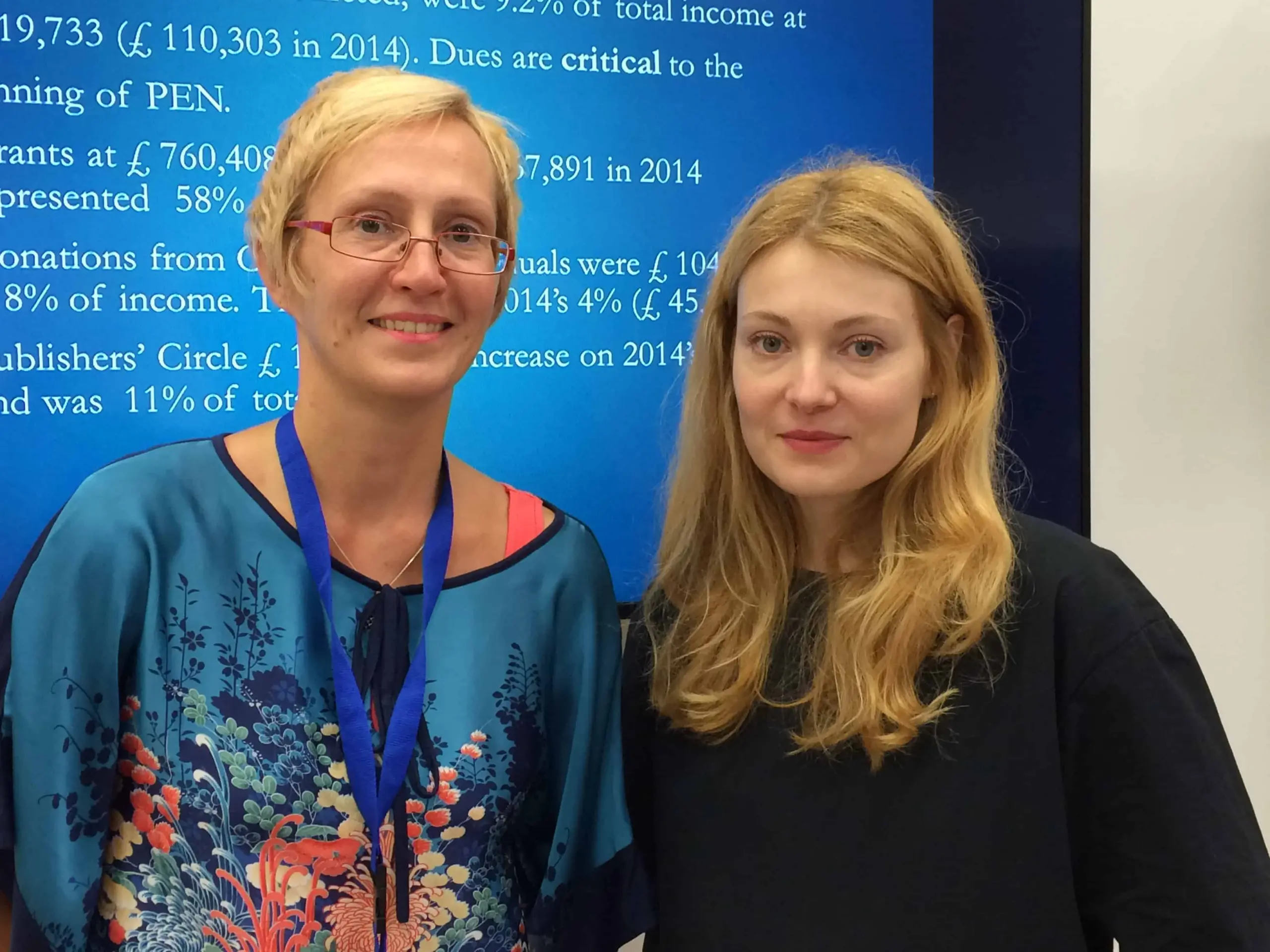The PEN World series showcases the important work of the more than 140 centers that form PEN International. Each PEN center sets its own priorities, but they are united by their commitment to advocate for imperiled writers, promote literature from all cultures and in all languages, and advance the right of every individual to speak freely.
In this series, PEN America interviews the leaders of different PEN centers from the global network to offer a window into the literary accomplishments and free expression challenges of their respective countries. This month, we spoke with Adam Pomorski of the Polish PEN Center. PEN America stands in solidarity with the Polish PEN Center in their protest against a law criminalizing language that labels Poland as complicit in the Holocaust.
TRANSCRIPT
Polina Kovaleva: It’s very nice to meet you in beautiful Lviv during the time of the 83rd PEN International Congress. When I get the chance to go to the PEN International Congress, I like to meet with various PEN [centers] and ask them what kind of projects they are working on right now. So this will be my first question.
Adam Pomorski: I should tell you that Polish PEN has existed for 92 years, so it’s nearly a one hundred year tradition. It’s a strong, enduring Polish tradition—we always have something to boast about . . . we have a voice that is actually strong. If we release a statement it will become known to everyone. Two years ago, with the support of PEN America, we made a statement about the anti-Semitic action in Wrocław where during the time—funnily enough, during the time of the anti-Muslim demonstrations against immigrants—a local anti-Semitic magician burned an effigy of a Jew. It’s a well-known story. People protested this strongly and a lawsuit was brought against him, but he, as an orthodox Catholic, managed to take part in a protest against the best Polish theater, which is now destroyed in Wrocław. The Ministry of Culture found that the theater was guilty of exhibiting pornography. [However] this man, who had just recently burned the Jewish effigy, like a purebred Catholic, already protested the rebuilding of the theater with the support of some grandmothers with beads.
You understand, these types of statements we make—and not alone—are an attempt to make more positive endeavours, more positive examples. The last two years, the political situation in Poland has worsened unbearably, I would say, and became dangerous—dangerous even in the original general European sense of the word. I’m talking about this because it explains some of the difficulties we face. During these official and unofficial nationalistic disasters/misfortunes, Andrzej Wajda, the great film director and founder of the Polish Film School, became a victim. We gave him the main award of Polish PEN Center. The ceremony for this prize had a large crowd of Polish cultural elite, which made a big impression. After half a year, Wajda died, and the Polish parliament held a moment of silence in his honor. When they decided to have this moment of silence, the leader of the reigning party decided to leave the hall of parliament defiantly. More or less, you understand, the intensity of the situation.
Then we had the first prize for our ombudsmen, Professor Ewa Łętowska. We awarded the award in June, and the public debate on the reform of the judiciary was already intense. Professor Łętowska was among the highest legal authorities who defended the independence of the courts of the constitutional tribunal, the Polish constitutional court, the high court, and so on. During the ceremony, we received an email with news that there was a bomb in a building. So, we had to call the police and interrupt the ceremony. Although we had already given the award and the most important words have already been said, she had to read the lecture, and she did not do it. After two or three weeks, we organized again an event with her and she had a chance to give the lecture. Of course, the number of people in the audience doubled, so, give us, God, more of such grief-terrorists.
Kovaleva: It played into your hands
Pomorski: Yes, yes. Another example, in Austria, in Vienna, a well-known interpreter of Polish literature . . . Martin Pollack, was driven from the Polish cultural center. We immediately took him into the Polish PEN Center so that in this environment we use positive means, not only protests. It is possible to protest for a long time, and yet it is not always relevant because, as it turns out, there is not always a positive result.
There are a number of awards that we give at Polish PEN Center. Among other things, besides translation and writing, there is a very special award, the only one of its kind in Europe: the award for publishers. Not enterprises, but those who publish the text, working on textology, commentaries and so on . . . We have awarded it for different types of publications—for the publications of Mickiewicz, Słowacki, Sienkiewicz. But this last time, we gave it to the staff of the Jewish Historical Institute (JHI) for a multivolume edition of the so-called Ringelblum Archive. It was a Holocaust archive, prepared during the war in the Warsaw ghetto by Jewish scholars and figures. Before the liquidation of the ghetto, before the punishment of all who created the archive, they buried it in cans and hid it. And it’s the only scientific documentation of its kind in the world that was done on site. I mean this is the writing of people who in six months to a year would have been no more. Now they (JHI) have already published 20 volumes, carefully preparing the text and checking all the facts. And they got a Polish PEN Center prize. So, as you can see, we are driven by our mission, and we will try to continue in the future.
As for our projects, they are quite varied. Here, we agreed to organize in Warsaw the PEN regional conference on the protection of freedom of speech against hate speech and propaganda. These are problems that are extremely important to us now, and for Poland, even more so.
Kovaleva: Did I understand correctly, it’s going to be a regional conference?
Pomorski: No, this will be an international conference. You know, during the last quarter century, we worked thoroughly to establish the closest connections with those neighboring PEN centers with whom Poland either has or had in the past the same border: with Lithuania, Belarus, Ukraine, Russia . . . We had wonderful relations with Russian PEN. Of course, after Crimea, everything became much more difficult. Still, somehow, we are trying to maintain these connections.
One of the fruits of these relations is mutual translations. Translation from Polish is certainly not a problem. But translations from Lithuanian, Belarusian, Ukrainian was a problem a quarter century ago. Now we manage, with big contributions from PEN to keep it moving forward. I hope that, despite all the recent outbreaks of nationalism, we will be able to sustain and continue this work.
Kovaleva: Thank you for such a very detailed overview of your work.
Pomorski: Of course—detailed, but at the same time incomplete.
Kovaleva: Nevertheless. I would just like to ask you, at the end here, to tell us a little about the Polish literary tradition for people who, say, do not know anything about it. And, maybe, some trends which can be observed today in Poland.
Pomorski: You can imagine that the most difficult thing to explain is what people do not know. You know, Polish literature has quite a venerable age among other Central European literature. It began somewhere around the 14th century and went through all stages of the development of medieval literature, a beautiful Renaissance, a wonderful Baroque. It influenced the countries of eastern Poland, present Belarus, Lithuania, Ukraine, and, indirectly, Moscow or present-day Russia. Then, in the second half of the 18th century, it had a very interesting start. It was a literary enlightenment. Our literature of the Renaissance and the Baroque was hierarchically developed. [There was] high Baroque [and] low Baroque, meaning grassroots Baroque, if you like. And here there is a fundamental difference compared with Russia . . . give me an example of such a thing as grassroots [Russian] Classicism. Perhaps on their tombstones, or in pornographic literature, otherwise there is no grassroots classicism. You can’t even imagine it.
In Polish grassroots classicism, as you say, the genre defines the style. Two main genres of Polish poetry, for example, were born, one during the Renaissance, and this was the transformation of the Greek epigram . . . the second one happened in Rzeczpospolita (Polish–Lithuanian Commonwealth), during the time of never-ending wars. Poland lost more than half of its residents in all cities. It was left without philistinism, merchants, etc., and especially lacked higher educational institutions. However, for almost a century, soldiers passed through the territory, back and forth.
In the beginning of the 17th century, the Poles translated—this was anonymous translation but by a very talented translator—the verses from the German poetry of Silesia Totentanz, or Dance of Death. This is, in the Bakhtin sense of the word, carnival poetry in the language of the grotesque, the lower baroque, which expresses eschatological content. And together with these armies, where, among other things, there were many Germans from Silesia, this kind of poetry, this grassroots eschatology, went to Russia, Lithuania, Belarus, Ukraine, and there, this tradition united with the local folk theater . . .
We must also take into account the intercession of the Jesuits, who in the 17th–18th century worked on this eastern border, and who had certain regulations and a kind of Catholic social realism, which strove for universal content, through the use of local poetics. This wave rolled along to Poland and created the tradition of the grotesque in the Polish literature, which was developed very strongly and continued developing mostly in the 19th century up to our times. And in the Russian grotesque, this ironic grotesque eschatology, which created this second genre of central Polish poetry: the ballad. But a ballad not in an epic sense, not a ballad of Zhukovsky, but a ballad that connects lyrics, epics, drama, styles, and adds grotesque poetics, etc, etc, etc. I told you that it was developing deeply and strongly in the 19th century. Mickiewicz started ballads of this type. It reached the 20th century, where we were given masterpieces of Polish poetry, well, at least those of Bolesław Leśmian.
[. . .]
There is one more thing to be said here: The deepest problem of Poland, Polish culture, is the Holocaust. This happened on Polish land and had a colossal, although very complicated, influence on the entire Polish society. Although different societal groups perceived this differently of course . . . And this remained a problem, not only a moral one, even, but a worldview issue. Until now, it’s a definitive issue. Let’s write a literary masterpiece about the Holocaust? It’s not easy. Like Adorno’s famous phrase “how to write poems after Auschwitz.” And here Polish poetry was able to create several lyrical, poetic masterpieces on this theme . . . You see, it turned out that this grotesque deterioration and eschatological perspective worked here. You understand, genocide cannot be described in another way, because you cannot describe the genocide from within. And you cannot describe it from outside. This was the Faustian tradition. Half Goethe’s Faust happens in the underworld. This is the chthonic poetics. And this chthonic poetics of Polish poetry, Polish literature, was just transformed into this ballad or ballad prose . . . And it is seen, for example, in contemporary Polish theater.
I think that for the American reader this is also interesting, because Americans, for obvious reasons, cannot experience the same level of emotion. This is, as I told you, the filter of the Holocaust, the filter of the camps, the filter of the genocide. All of Eastern and Central Europe went through the genocide. Genocide is a defining historical experience. And for Poland, even for all these political upheavals now, it is the point of reference: for some, the point of reference for nationalistic authoritarian rhetoric, with such a denial of their own role in the process of genocide. For others, it’s the opposite, the point of reference for self-discipline, for self-control, for the attempts to understand yourself and the world.
Kovaleva: I have a last question concerning modern names in Polish literature. Whom you would recommend for us to read, who to observe in modern Poland?
Pomorski: The fact is that the hierarchies of genres die. Even so, according to tradition, the average reader is still looking for some novel—the queen of all genres—but it’s not the main trend. The main trend in Polish prose right now is a mix of genres, mix of reportage, which has a long tradition in Poland. . . . Have you ever read The Sad Tropics by Lévi-Strauss? There we find ourselves as if we were reading literature, but on a completely different orbit. And these traditions are developing very rapidly now. Here, even I would not be able to name individual names, because there are already dozens of them. You can follow the publishing house Czarne, which specifically deals with these issues. But this is after the great explosion of Polish culture somewhere between 1956–68, the second instance of a very serious phenomenon in Polish literature, already on an international scale. Of course, there are more traditional genres—there are prose writers, novelists, and poets—but I would recommend looking into the track of which I just told you. Of course, the average publisher will say at once that he will not find readers for this genre in his own country. [But] we usually underestimate readers, and tastes change, so we have to behave cautiously, otherwise it may turn out that it’s our tastes that are old-school, and not the reader’s.

